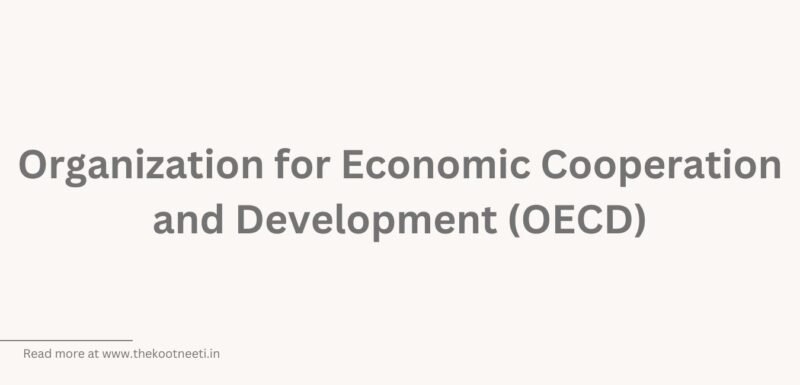Organization for Economic Cooperation and Development (OECD)

The Organisation for Economic Cooperation and Development (OECD) is an intergovernmental organization that brings together 36 countries in order to promote economic development and cooperation, as well as to address a range of global challenges. The OECD was founded in 1961, and its member countries are predominantly located in North America, Europe, and Asia.
The OECD’s main goals are to:
- Promote economic growth and development
- Support international trade
- Promote financial stability
- Encourage sustainable development and environmental protection
- Promote employment and social well-being
To achieve these goals, the OECD conducts research and analysis, develops policy recommendations, and provides a forum for member countries to discuss and coordinate their economic policies. The OECD also works with non-member countries, including through its Development Assistance Committee, which helps to coordinate development assistance efforts and to promote effective use of aid.
The OECD has a significant impact on global economic policy and has played a role in shaping economic and political developments around the world.


















